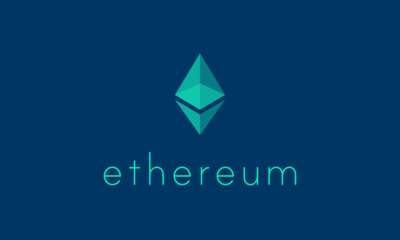The Securities and Exchange Commission (SEC) Director General, Dr. Emomotimi Agama, has commended KuCoin, a prominent cryptocurrency exchange platform, for its proactive measures to delist the Nigerian naira (NGN) from its trading options.
This move aligns with recent directives aimed at safeguarding the nation’s economic interests and combating illicit financial activities.
In an official statement released by the SEC on Thursday, Dr. Agama expressed satisfaction with KuCoin’s decision to suspend peer-to-peer (P2P) transactions involving the Nigerian currency.
This decision comes as part of KuCoin’s ongoing efforts to adjust its platform to comply with regulatory directives issued by the Office of the National Security Adviser and the SEC.
The SEC’s stance underscores a broader initiative by Nigerian authorities to address concerns related to foreign exchange manipulation and safeguard the integrity of the nation’s financial system.
Dr. Agama emphasized the importance of adherence to established guidelines, emphasizing that regulatory compliance is essential for maintaining national security and economic stability.
The delisting of the naira by KuCoin follows similar actions taken by other cryptocurrency exchanges, including Binance, in response to regulatory scrutiny from Nigerian authorities. These measures signal a concerted effort within the crypto industry to cooperate with regulatory agencies and promote responsible trading practices.
Peer-to-peer cryptocurrency trading platforms have come under increased scrutiny due to their potential for facilitating illicit financial activities, including money laundering and fraud. By delisting the naira and suspending related trading activities, KuCoin demonstrates its commitment to upholding regulatory standards and fostering a secure trading environment for users.
Dr. Agama reiterated the SEC’s commitment to collaborating with stakeholders, including the Economic and Financial Crimes Commission (EFCC), to address challenges within the cryptocurrency space and combat financial crimes effectively.
He emphasized the importance of regulatory cooperation in tackling illicit trading practices and maintaining investor confidence in the market.
Furthermore, Dr. Agama highlighted the SEC’s ongoing efforts to implement the Revised Capital Market Master Plan, aimed at enhancing the resilience and competitiveness of Nigeria’s capital market.
He highlighted the potential of the capital market to drive economic growth and attract foreign investment, emphasizing the need for regulatory measures to protect investors and promote market integrity.
In response to Dr. Agama’s comments, the EFCC Chairman, Ola Olukoyede, reaffirmed the Commission’s commitment to combatting financial crimes and emphasized the importance of regulatory collaboration in addressing emerging challenges.
He commended the SEC’s efforts to enforce regulatory compliance within the cryptocurrency sector and pledged the EFCC’s support in safeguarding Nigeria’s financial interests.




 Naira4 weeks ago
Naira4 weeks ago


 Naira4 weeks ago
Naira4 weeks ago


 Travel4 weeks ago
Travel4 weeks ago
 Naira3 weeks ago
Naira3 weeks ago


 Jobs4 weeks ago
Jobs4 weeks ago
 Naira4 weeks ago
Naira4 weeks ago
 Investment4 weeks ago
Investment4 weeks ago
 Travel4 weeks ago
Travel4 weeks ago


















